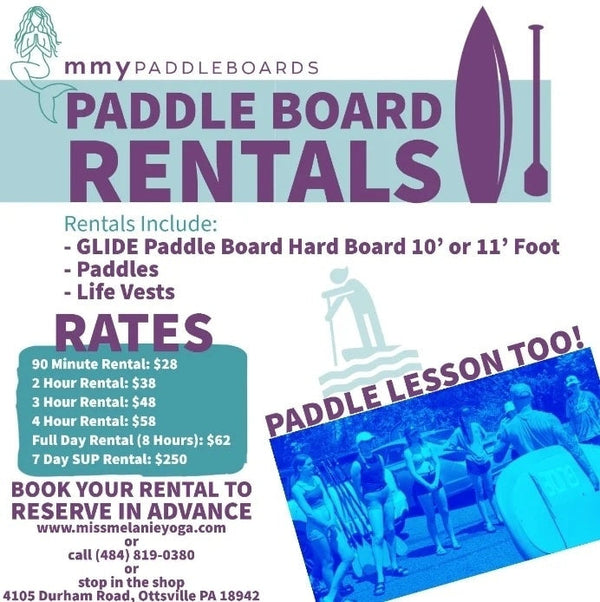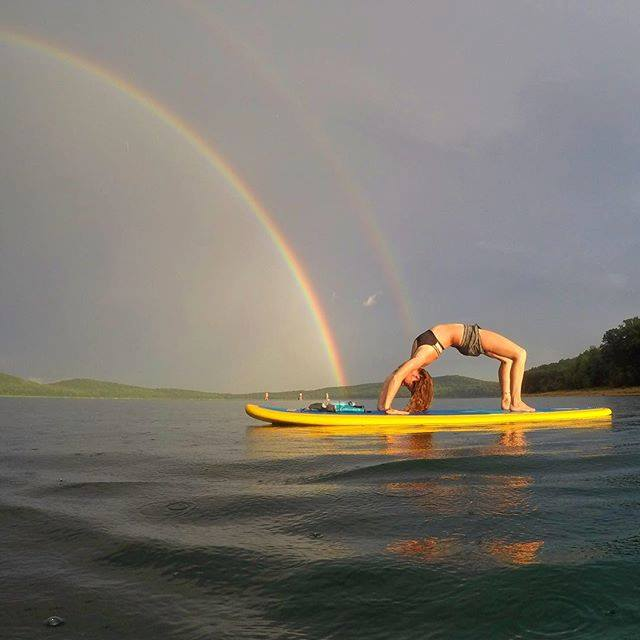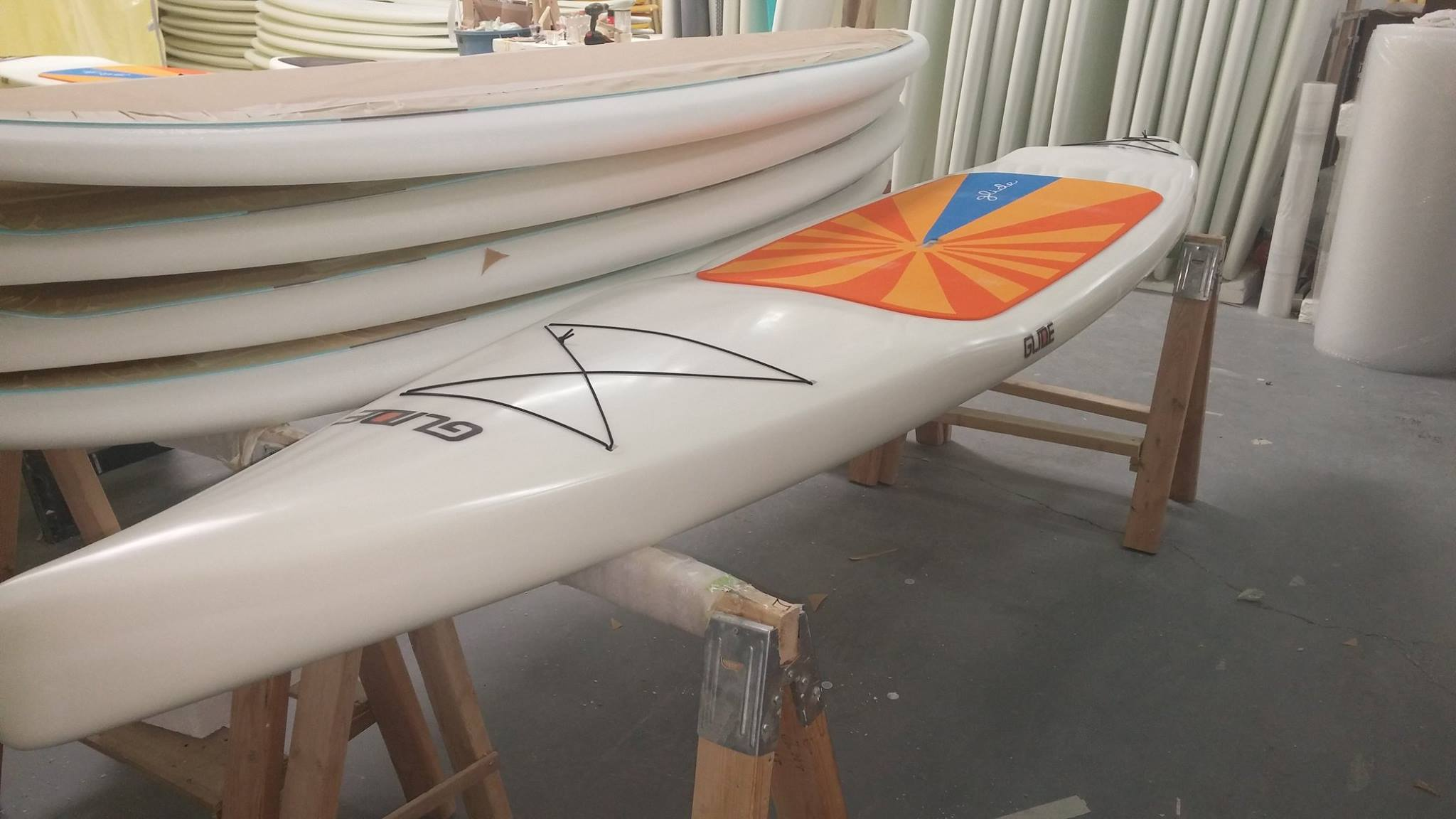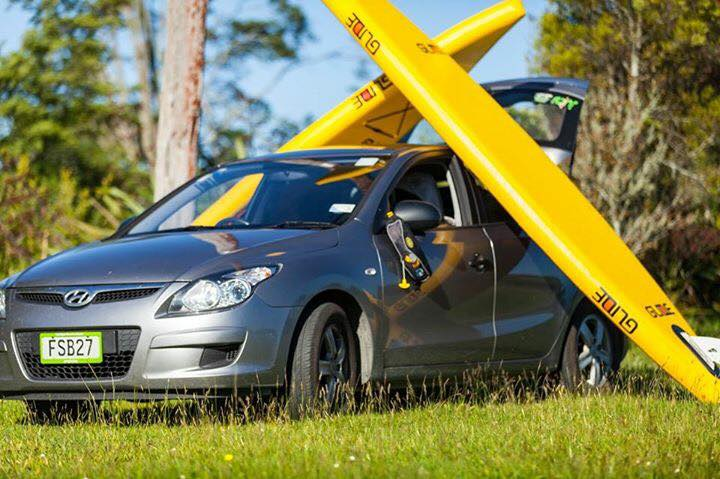
Renting vs. Buying a Paddle Board: Which Option is Best for You?
Renting vs. buying a paddle board is a decision that depends on various factors, including your budget, storage space, frequency of use, and personal preferences. Here's a summary of the key points to consider for each option:
Key Highlights
- Convenience of Ownership: Buying a paddle board offers the freedom to hit the water anytime without rental constraints.
- Customization and Fit: Owning a board allows for personalized selection suited to your preferred activities, such as racing or yoga.
- Long-Term Cost-Effectiveness: While buying has an upfront cost, it eliminates recurring rental fees, paying off over time for frequent paddlers.
- Challenges of Purchasing: Consider the initial investment, storage needs, and the responsibility of maintenance.
- Advantages of Renting: Low upfront costs and no concerns over storage or transport make renting appealing for occasional users.
- Drawbacks of Rentals: Potential issues with availability, board quality, and time restrictions can affect the rental experience.
- Flexibility in Choice: The decision to rent or buy can be situational, with benefits to trying before buying or renting for spontaneous trips.

When it comes to the sport of paddle boarding, individuals have the option to either buy or rent a paddle board. Buying a paddle board has its advantages, such as convenience, customization, and cost-effectiveness in the long run.

Pros of Buying a Paddle Board
- Convenience: Owning a board allows you to paddle whenever you wish without worrying about rental availability.
- Customization: You can choose a board that fits your specific needs, whether for racing, yoga, fishing, or touring.
- Cost-Effective in the Long Run: Despite the initial investment, owning a board eliminates ongoing rental fees.

Cons of Buying a Paddle Board
- Initial Investment: High upfront cost, which can be mitigated through financing options.
- Storage and Transport: Requires space to store and a means to transport, which can be challenging for those with limited space or without a vehicle.
- Maintenance and Repair Costs: Ownership comes with the responsibility of upkeep, which can add up over time.

Pros of Renting a Paddle Board
- Low Upfront Costs: Renting is cheaper for occasional users without the commitment of a large investment.
- No Storage or Transportation Worries: Ideal for those lacking storage space or means of transport.
- No Maintenance Costs: Rental shops handle all maintenance and repairs.

Cons of Renting a Paddle Board
- Availability: Boards may not always be available, especially during peak times.
- Familiarity and Quality: You might not get the board you prefer, and rental boards can be older or in poorer condition.
- Time Constraints: Rentals are often time-limited, which can restrict your enjoyment.

I believe that the proper answer is both. Everyone should own a paddle board, how ever at times renting one may be the wiser option. Trying a model out before you buy one, or if you end up somewhere unexpected and have the option to rent one then yes go for it.

Conclusion
If you're new to paddle boarding or only plan to paddle occasionally, renting may be the most cost-effective and convenient option. It allows you to try different types of boards and experiences without a significant upfront investment. On the other hand, if you're passionate about paddle boarding, plan to paddle frequently, or want a board tailored to your specific needs, buying a paddle board can be a worthwhile investment. It offers the freedom, flexibility, and satisfaction of owning your gear, despite the initial cost, storage, and maintenance considerations.
Ultimately, the best choice depends on your individual circumstances, preferences, and how you plan to engage with the sport of paddle boarding.


